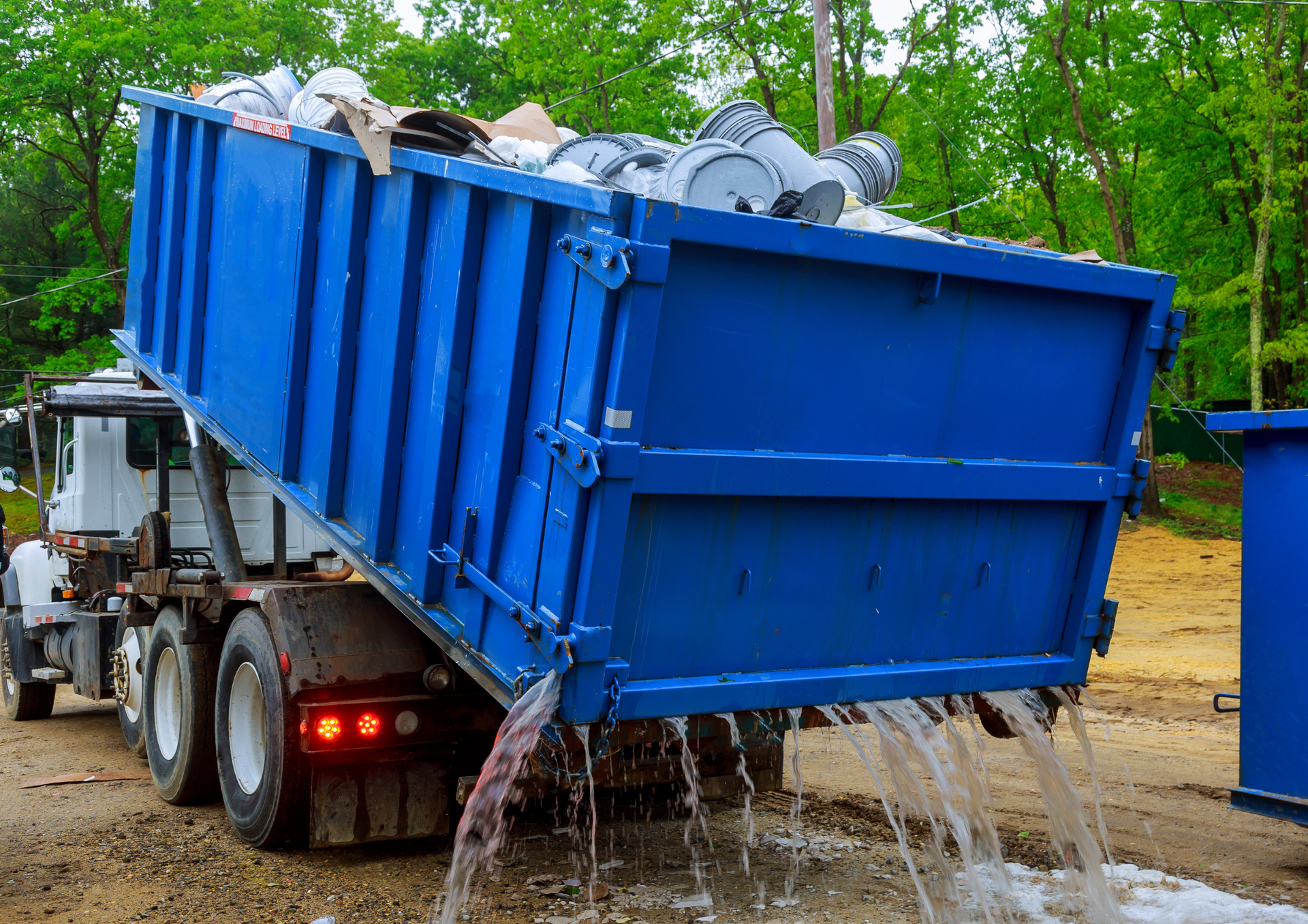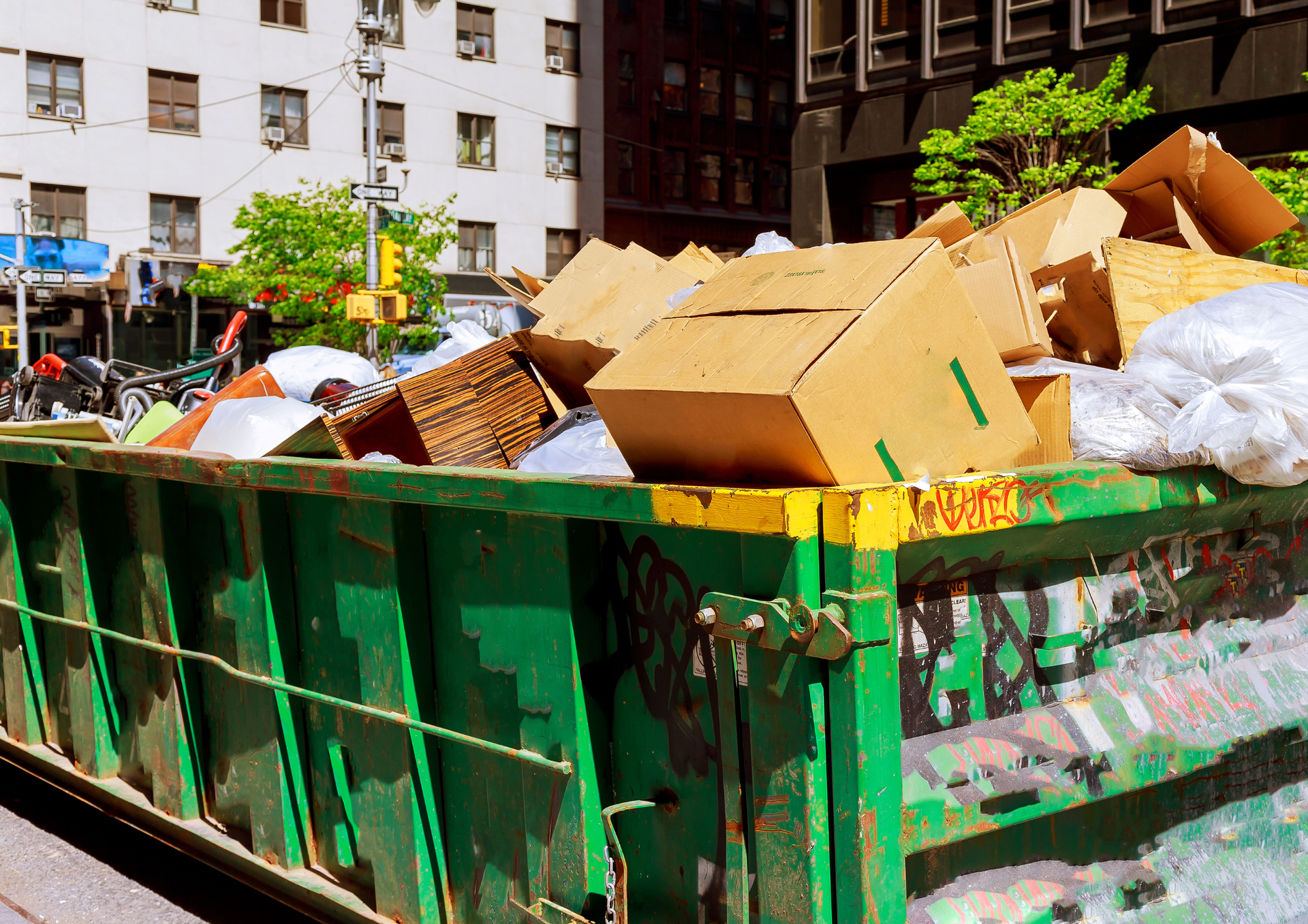Choosing Between a Small Skip and Large Skip for Your Project
Efficient waste management is essential for any project, whether you’re renovating your home, landscaping your garden, or dealing with construction debris. Choosing the right skip size can save time, money, and unnecessary stress. With so many options available, the decision often comes down to whether a small skip hire is sufficient or if a larger skip is the better choice.
This guide will help you compare your options, understand the costs, and make a decision that best suits your project needs.
Understanding Small and Large Skips
When deciding between a small skip and a large skip, it’s important to first understand what each size can offer. Small skip hire is a popular choice for household clear-outs, minor renovation projects, or garden waste. These skips are compact, easy to place on driveways, and cost-effective for smaller amounts of rubbish.
On the other hand, large skips are designed for projects that generate significant amounts of waste. Construction companies, businesses moving offices, and large-scale event organisers often rely on them to handle bulkier and heavier materials. The greater capacity means fewer collections and more efficiency for big projects.
Ultimately, your choice depends on the type and amount of waste you anticipate, as well as the space available for placing the skip.
Evaluating Project Size and Waste Volume
The size of your project will naturally influence your decision. For homeowners working on a single room renovation or tidying up the garden, a smaller option may be sufficient. In fact, many people search for small skip when they’re managing manageable amounts of waste but still want a quick and efficient solution.
For larger undertakings, such as extensions, demolition work, or full-scale refurbishments, a bigger skip is essential. It prevents the need for multiple collections and ensures the worksite remains safe and clear. Businesses managing office relocations or construction firms handling bulk waste can particularly benefit from the added space.
Think carefully about how much waste your project will generate, but also allow a margin for more. Choosing slightly larger than you think necessary can prevent delays and extra costs.
Cost Considerations and Budgeting
Price is another major factor when deciding between a small and large skip. Naturally, smaller skips are more affordable, but this doesn’t always mean they’re the most cost-effective. If your waste exceeds the capacity, you may end up paying for an additional skip, which can quickly increase overall costs.
When weighing up costs, it helps to research local providers. Many customers ask about small skip hire cost to compare budget-friendly options before committing. While affordability is important, reliability and service quality should also be factored into your decision. The cheapest option is not always the best in the long run.
For those seeking the most economical solution, it’s worth exploring promotions or deals in your area. Searching for cheapest mini skip hire near me can help you find local offers that keep costs under control while still delivering dependable service.
Practicality, Accessibility, and Placement
Beyond waste volume and cost, consider the logistics of placing and accessing your skip. Smaller skips are ideal for properties with limited space, narrow driveways, or busy streets where a large skip would cause obstructions. Their compact size ensures they fit neatly without disrupting traffic or neighbours.
However, larger skips are better suited for construction sites, industrial premises, or properties with ample outdoor space. They save time by reducing the number of waste collections and ensuring work progresses smoothly. For local flexibility, some providers highlight availability by listing mini skips in my area, helping customers quickly check placement suitability.
Choosing between a
small skip hire and a large skip depends on three main factors: the type of project, the amount of waste generated, and the space available for placement. Small skips are cost-effective, practical, and ideal for household or garden projects, while large skips provide efficiency for construction sites, office clear-outs, and bigger renovations.
By carefully evaluating your project requirements, you can select the right skip size that saves money, improves site safety, and ensures waste is managed responsibly.
At
Skip Hire Derby, we pride ourselves on being a reliable, professional, and customer-focused service. Whether you need a small skip for a home renovation or a large skip for a commercial project, we offer a wide range of options to suit your needs.
Here’s why customers choose us:
- Wide Range of Sizes: From compact mini skips to industrial-size containers, we cover every project requirement.
- Affordable Pricing: Transparent quotes with no hidden charges.
- Local Expertise: With strong knowledge of Derby and surrounding areas, we can provide the right solution quickly and efficiently.
- Compliance and Support: We handle permits, regulations, and disposal responsibly, ensuring peace of mind.
- Customer Commitment: A friendly, helpful team that’s always ready to guide you through the process.
New update on X: Choosing between a
small skip hire and large skip for your project!




